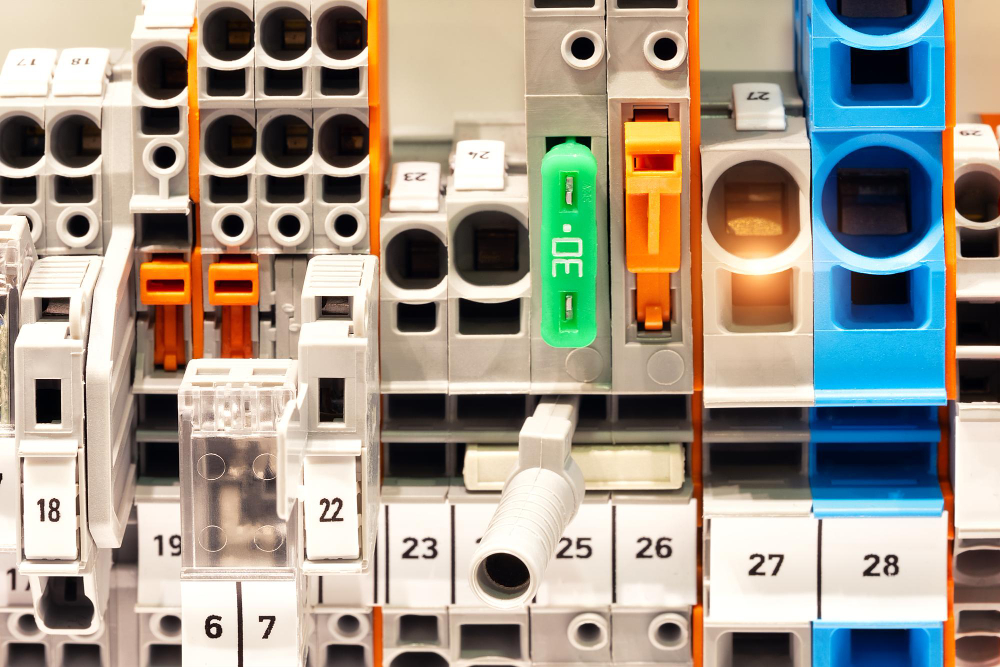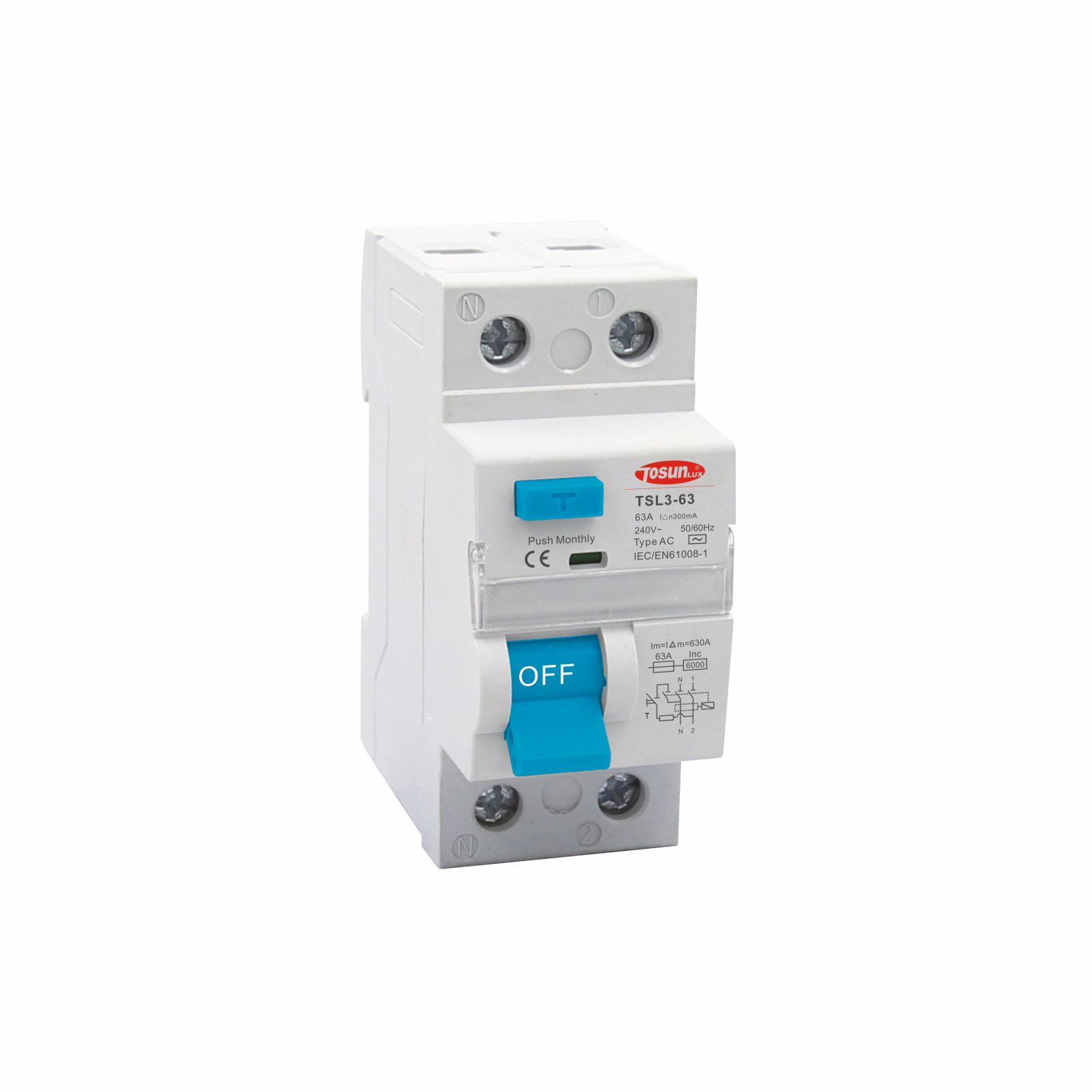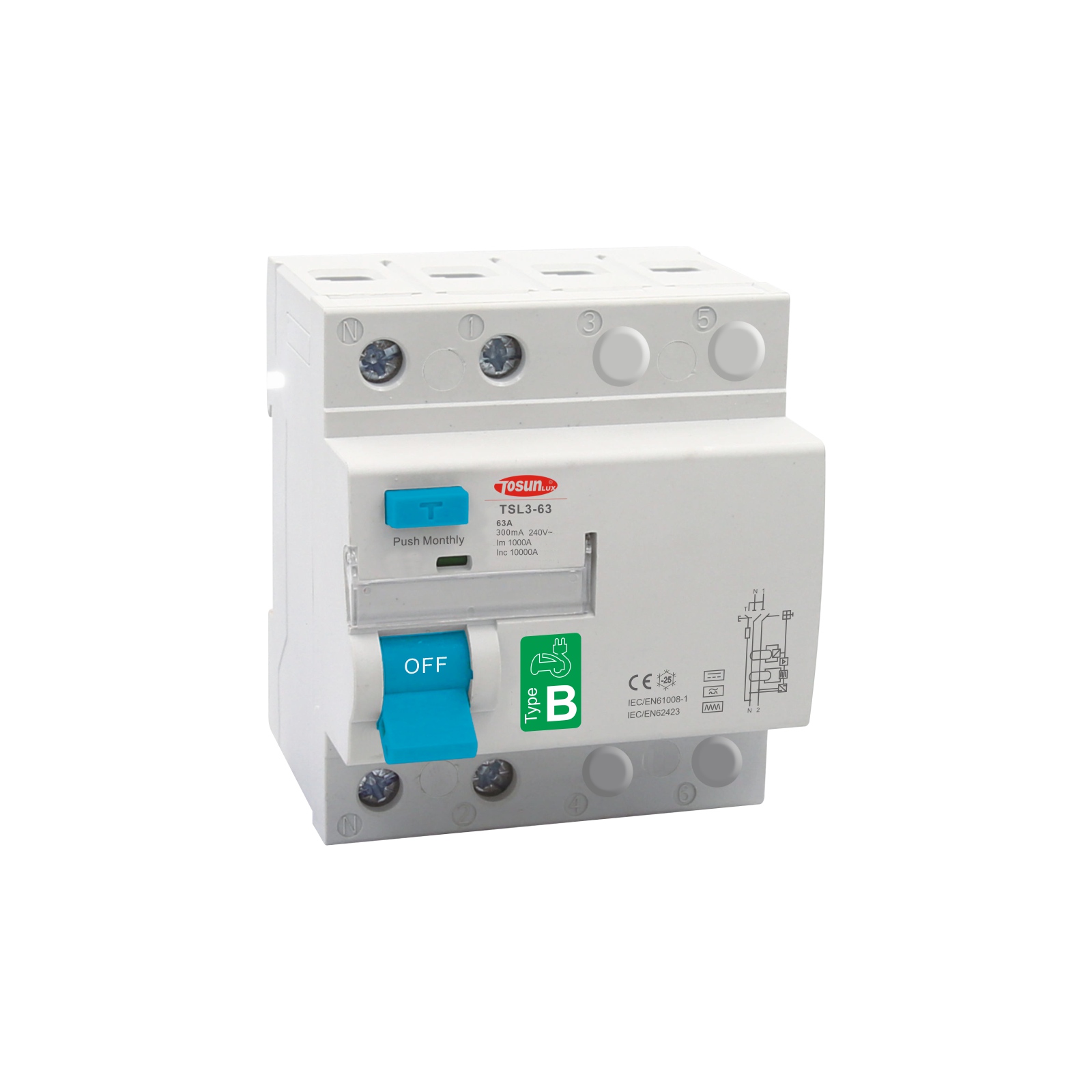Everything You Need to Know About Residual Current Circuit Breakers
Table of Contents
Toggle
Residual Current Circuit Breakers (RCCBs) are critical components in electrical systems, providing enhanced protection against electrical shocks and ground faults. This comprehensive guide aims to provide an in-depth understanding of RCCBs, including their definitions, types, functions, and applications.
Definition of Residual Current Circuit Breakers
A Residual Current Circuit Breaker, commonly known as an RCCB or an RCD (Residual Current Device), is an electrical device designed to protect against electrical shocks and ground faults. It detects the imbalance of current flowing between the live and neutral conductors and interrupts the circuit when a fault is detected.
Types of Residual Current Circuit Breakers
- Two-Pole RCCB
The two-pole RCCB is the most common type and protects single-phase electrical circuits. It detects and responds to the imbalance of current between the live and neutral wires, offering protection against electrical shocks and ground faults.
- Four-Pole RCCB
The four-pole RCCB provides protection for three-phase electrical circuits. It monitors the current imbalance across all three phases, as well as the neutral conductor, ensuring comprehensive protection against electrical faults.


Functions of Residual Current Circuit Breakers
- Protection Against Electrical Shocks
RCCBs are designed to detect even the smallest imbalances of current, known as residual currents, which may indicate a leakage of current to the ground. When an RCCB detects such an imbalance, it rapidly interrupts the circuit, minimizing the risk of electrical shocks and protecting individuals from harm.
- Ground Fault Protection
RCCBs are particularly effective at detecting ground faults, which occur when an unintended electrical path to the ground is created. In the event of a ground fault, the RCCB detects the imbalance between the current flowing through the live and neutral conductors, promptly interrupting the circuit to prevent electric shocks and potential fires.
- Sensitivity Adjustment
RCCBs often feature adjustable sensitivity settings, allowing them to be customized based on specific requirements and electrical system conditions. The sensitivity adjustment ensures that the RCCB responds accurately to residual currents, providing optimal protection while minimizing false tripping.
Applications of Residual Current Circuit Breakers
- Residential Buildings
RCCBs are commonly installed in homes to ensure the safety of occupants by protecting against electrical shocks and ground faults. They are typically used in areas with higher risk, such as bathrooms, kitchens, and outdoor electrical installations.
- Commercial and Industrial Facilities
RCCBs find extensive use in commercial establishments, including offices, retail stores, hotels, and industrial facilities. They provide enhanced protection for employees, customers, and valuable equipment by detecting and mitigating electrical faults.
- Construction Sites
RCCBs are essential in temporary electrical installations, such as construction sites, where there is an increased risk of electrical hazards. They provide critical protection against ground faults and electrical shocks during the construction phase.
- Electrical Equipment and Machinery
RCCBs are often integrated into electrical equipment and machinery to enhance safety and protect against electrical faults. They are commonly used in tools, appliances, and industrial equipment where sensitive electronic components are present.
Conclusion
Residual Current Circuit Breakers (RCCBs) are essential for electrical safety, providing protection against electrical shocks and ground faults. When selecting RCCBs, consider reputable manufacturers like TOSUNlux for reliable and high-quality options. Visit their website or contact their authorized distributors to explore their range of RCCBs and ensure the safety of your electrical system. Choose TOSUNlux for peace of mind and optimal protection.
Tel: +86-577-88671000
E-mail: ceo@tosun.com
Skype: tosunelectric
Wechat: +86-139 6881 9286
WhatsApp: +86-139 0587 7291
Address: Room No.1001 Wenzhou Fortune Center,Station Road, Wenzhou, China
REQUEST A QUOTE
WhatsApp us
 : +86-139 0587 7291
: +86-139 0587 7291 English
English Español
Español Русский
Русский Français
Français العربية
العربية Português do Brasil
Português do Brasil Українська
Українська Türkçe
Türkçe Polski
Polski Nederlands
Nederlands Italiano
Italiano Bahasa Indonesia
Bahasa Indonesia हिन्दी
हिन्दी اردو
اردو አማርኛ
አማርኛ Հայերեն
Հայերեն ไทย
ไทย Монгол
Монгол فارسی
فارسی Shqip
Shqip Ελληνικά
Ελληνικά


